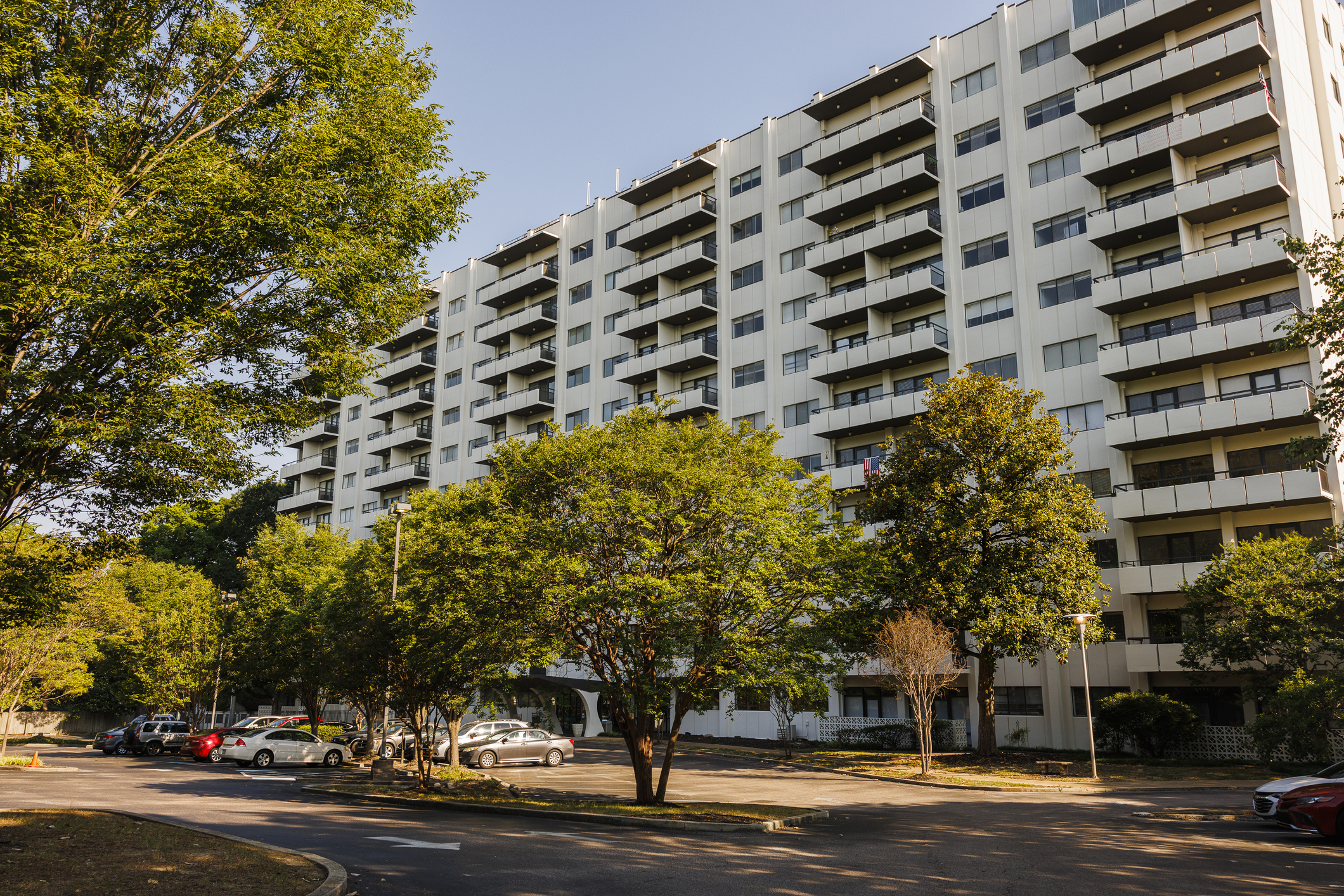Multifamily Affordable Housing (MAH) Loans Meet Critical Social Needs in the ‘Post Post-COVID’ Era

Flashback to 2020-21: the pandemic-era federal and state eviction moratoriums put extreme financial pressure on many in the affordable housing sector. Per Danny Grubbs-Donovan at Princeton University’s Eviction Lab, about a million and a half eviction filings were prevented in 2021 by the federal moratorium alone. During this time, many landlords accrued more debt and postponed needed property improvements to absorb lost rent income.
With the expiration of the federal moratorium in August 2021 and the subsequent drops of various state moratoriums months later – New York’s lasted through to January 2022 – those “missing filings” surged back throughout 2022-23 and rent collections at affordable properties have returned to pre-pandemic levels in most U.S. markets.
With that issue stabilized and with the recent drop in rates, “many borrowers are now finding that the time is now right to recapitalize or close new affordable housing loans that many borrowers had understandably delayed,” said Arthanais Williams, Managing Director of Affordable Housing at Arbor Realty Trust.
The Need Has Never Been Greater
No state in the U.S. currently has an adequate supply of affordable rental housing for the lowest-income renters. Additionally, the number of households of renters living in inadequate conditions who do not receive rental assistance has grown by 70% over the past two decades to reach 8.5 million in 2021, according to Arbor’s Affordable Housing Trends Report Fall 2023.
Already an urgent problem, the need for affordable supply has become more apparent recently as inflation has added to renters’ financial pressures. This growing shortage of available quality, low-cost housing options also demonstrates the healthy demand for affordable units in the U.S., a fundamental strength of this multifamily sector.
Fannie Mae DUS® Multifamily Affordable Housing (MAH) Loans
Arbor provides long-term Fannie Mae financing solutions for affordable housing developers and investors.
Fannie Mae’s DUS® Multifamily Affordable Housing (MAH) loan program provides flexible terms for acquisition or refinancing of multifamily projects nationwide that qualify as affordable housing. Eligible properties are those that participate in the Low-Income Housing Tax Credit (LIHTC) program, are encumbered by a Housing Assistance Payment (HAP) contract, or participate in the Section 8 program (either through vouchers or direct payments).
Why Affordable Housing Investors Need an Experienced Partner
Affordable housing is a complex multifamily sector full of its own sets of intricacies, which can create major complexities for borrowers. “Applicable affordable housing policies, including zoning, tax incentives, and rent regulations, often vary from state to state and locality to locality. Without an experienced partner, it can be challenging and time-consuming for a borrower to optimize among available opportunities when closing an affordable housing loan,” said Williams.
Arbor Is Your Partner in Affordable Housing
Arbor, a Top 10 Fannie Mae DUS Multifamily Lender for over a decade, is one of the longest-tenured and experienced lenders licensed under the program. Our expert team of originators, underwriters, and servicers includes experienced subject matter experts who are well-versed in applicable state and local level rules and regulations. Together, we can assess the quality of your project and navigate the complexities of tax credits, tax abatements, and other critical pieces of your deal across the life of your loan.
Contact one of our loan originators to learn more about how Arbor can help with your next affordable housing project.
Interested in the multifamily real estate investment market? Contact Arbor today to learn about our array of multifamily, single-family rental, and affordable housing financing options and view our other market research and multifamily articles in our research section.

